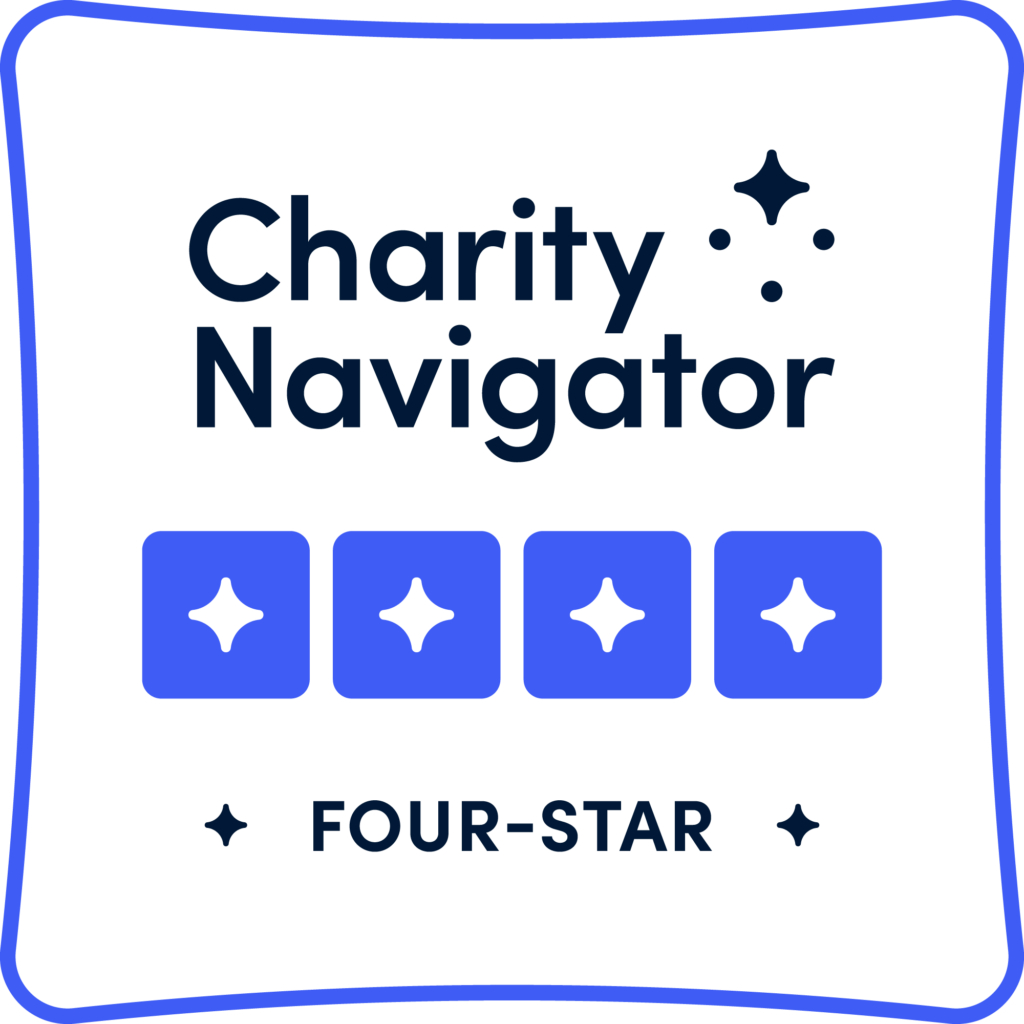

In Jewish culture, the number 18 symbolizes life (in Hebrew חי, chai).

The numbers 1 and 8 also symbolize the important message that one person can save up to eight lives with the gift of posthumous organ donation.
Their Noble
Organ Donations
Saved 43 Lives.
Family Services
Support and
Halachic Guidance
posthumous organ donation.
Follow Up
Emotional Support
organ donation.
Option 18, like all of Ematai’s programming, is open to the entire Jewish community regardless of affiliation.
Personal Stories
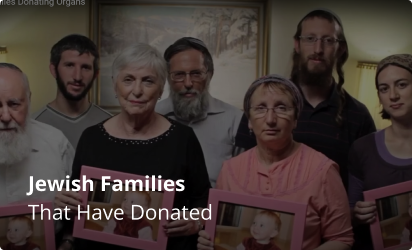

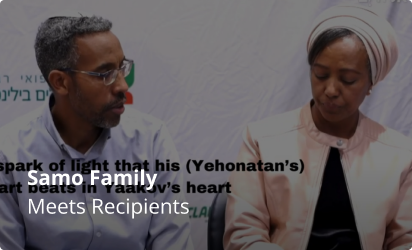

Lucy Dee, 48, Donated Five Organs
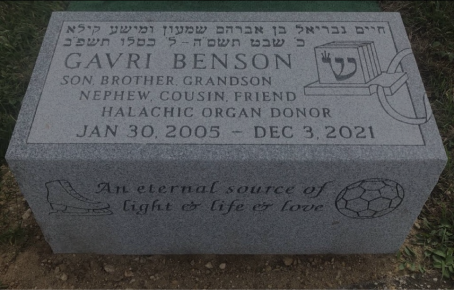
Gavri Benson, 16, Donated four Organs
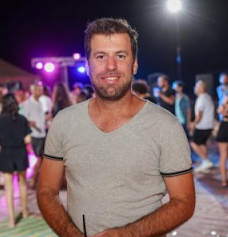
Yehuda Rubinovitz, 36, Donated Six Organs

Kim Jensen Pimley, Heart Donation Recipient
Education
Option 18 raises awareness about organ donation within the Jewish community through lectures, articles, videos, and other educational materials.
To receive educational material regarding Judaism and organ donation, support for local programming, or to schedule an in-person or online lecture, please contact option18@ematai.org
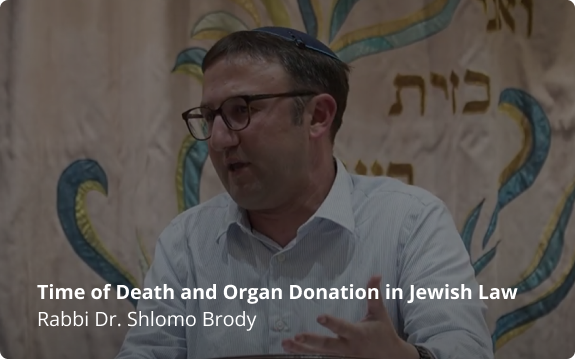
FAQ’s
When death has been determined under Jewish Law, Judaism permits the transplantation of organs and tissues that save or enhance the quality of the recipient’s life, such as the heart, lungs, kidneys, liver, pancreas, small intestines, cornea, and heart valves.
No. An organ donor can be buried in a Jewish cemetery with all traditional funeral and burial rituals, including Tahara (ritual washing).
No. Recovery surgery is usually completed within 36 hours of death and everything will be done to expedite the process. In the interim, other preparations can be made for the funeral and shiva.
The Jewish value of honoring the deceased (Kavod Ha-Met) generally requires the body to be buried intact. Yet organ and tissue donation is a dignified medical procedure that saves multiple lives. The opportunity to save lives (pikuach nefesh) overrides any obligations for bodily integrity and brings great honor (kavod) to the deceased in performing this one final noble act.
Special prayers
The following unique prayers, one for the family of an organ donor to recite during organ retrieval surgery, and one for an organ recipient to recite before organ transplantation surgery, were written for Option 18 by Dr. Yael Levine. We are grateful to Vivienne and Steven Segal for their generous support of this project.
Collaboration
Option 18 works with hospitals, healthcare providers, and organ procurement organizations to provide in-service training sessions for staff, guidance and support during cases of potential organ donation, and educational materials for community outreach events.
Increase cultural intelligence and bridge the divide with the Jewish community.
Understand the barriers to donation in the Jewish community and how to navigate them.
Join the network of OPOs, Jewish communal professionals, and Jewish healthcare providers who are advocating for organ donation within the community.
Testimonials from health care providers
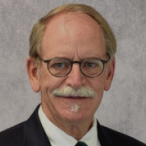
Lifesaving organ donation requires that OneLegacy’s caregivers earn the trust of individuals, families, and communities, and this is best earned with us and for us by people from the communities we serve…This is the essence of Option 18’s purpose and they are an essential partner in this lifesaving work.
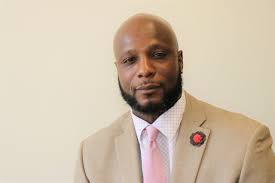
Get in Touch
Please contact us to schedule a virtual meeting for your OPO to learn more about the Option 18 kit and arrange an in-service training session for your staff.
We would love to hear from you if you are a Jewish healthcare provider who would like to be part of our network assisting OPOs working with the Jewish community.
